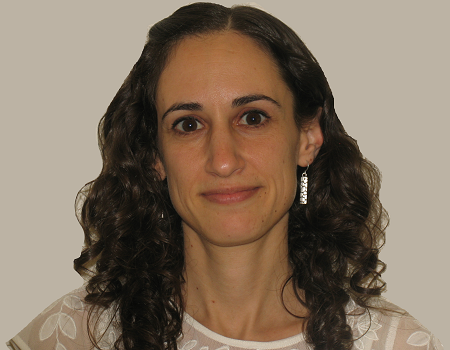
What happens when women from disadvantaged communities participate in a health literacy course aimed at increasing their motivation and ability to gain access to, understand, and use information in ways that will promote and maintain their health?
The Hadassah Medical Center’s Linda Joy Pollin Cardiovascular Wellness Center for Women, which spearheaded the health literacy initiative, found that the program led to significant behavior change and increased satisfaction in the women’s interactions with their doctors.
The study findings are highlighted in “Cardiovascular Health Literacy and Patient-Physician Communication Intervention in Women from Disadvantaged Communities,” published in the European Journal of Preventive Cardiology, the official journal of the European Association of Preventive Cardiology.
The program design included focus groups, where the primary health literacy issue identified was communication challenges at doctors’ visits. Therefore, an intervention was created, comprised of three workshops, to help the women get more out of the interaction with their doctors. They worked on enhancing communication skills, cardiovascular knowledge, and being prepared for their doctor visits.
Over 400 participants filled out questionnaires, both before the intervention and three months after the workshops were completed, to assess their knowledge of cardiovascular disease risk factors and symptoms, how to prepare for a doctor’s visit and their perception of how effective their interaction was with their doctors. Post-intervention, the percentage of women who reported preparing for doctors’ visits increased significantly.
The Pollin Center team, led by community project manager Keren Greenberg, concludes that the initiative was successful in improving the women’s cardiovascular knowledge and in fortifying them to prepare more skillfully for visits with their physicians so that they leave feeling that their interactions with the doctors were more effective in serving their needs. The authors add that this “may lead to improved health care utilization and preventing chronic illness.”
The team is now working on a new health literacy initiative in the Arab sector, one that will be tailored to that community’s specific needs.

